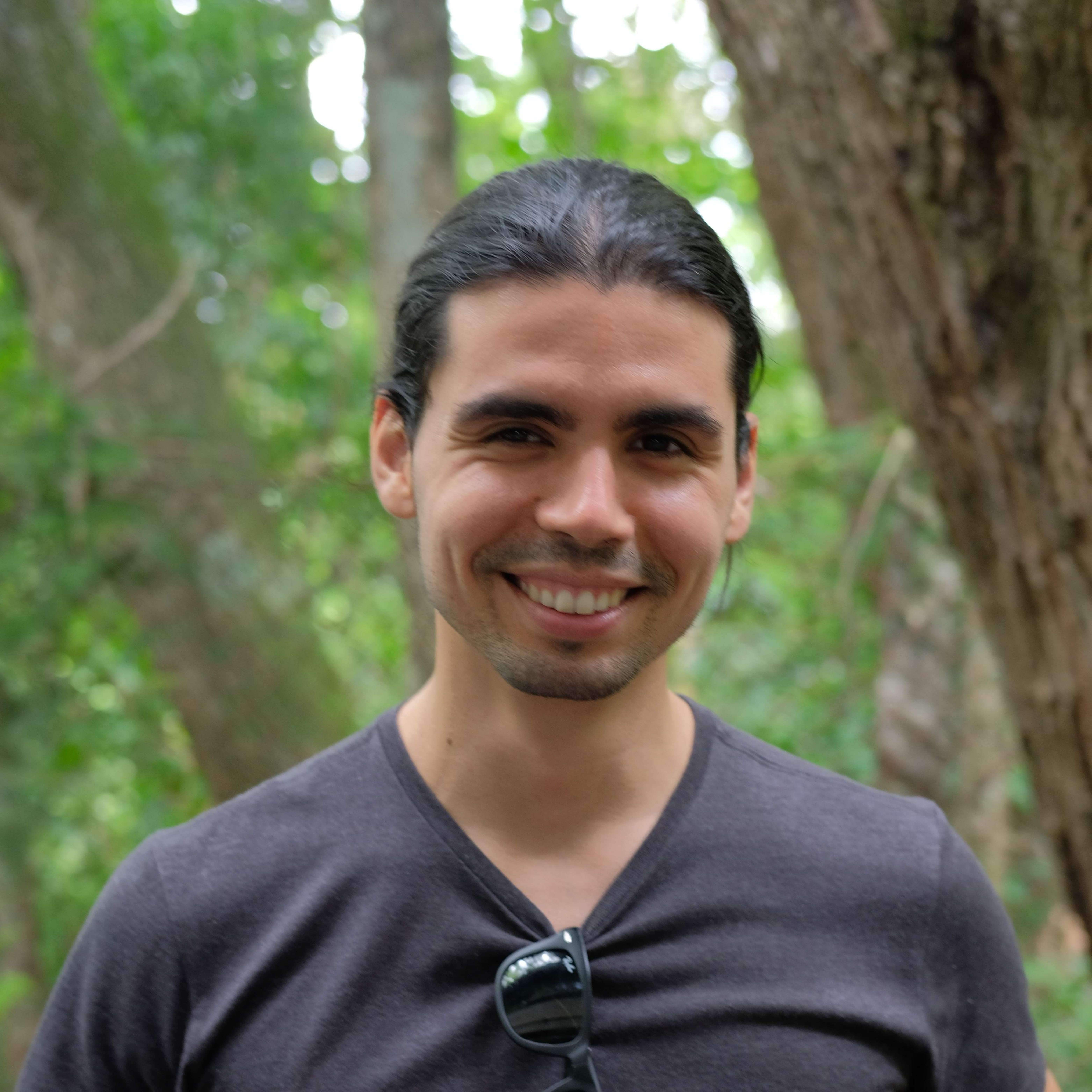You are here :
- EUTOPIA website
- Home
- Portfolio
- Resarch
- SIF - Post-Doctoral Fellowships
SIF 2nd Cohort Fellows - Marcos Araújo Castro e Silva, Universitat Pompeu Fabra Barcelona

Curriculum Vitae
- Education
2017 - 2021 Ph.D. in Genetics, Instituto de Biociências/Universidade de São Paulo - USP, Brazil
2013 - 2015 M.Sc. in Genetics, Escola Superior de Agricultura "Luiz de Queiroz" - ESALQ/Universidade de São Paulo - USP, Brazil
2008 - 2013 B.Sc. in Biological Sciences, Universidade Federal de Viçosa - UFV, Brazil
- Experience
Recently, as a Research and Innovation Fellow (Fundação Faculdade de Medicina - FFM) I worked on the “DNA do Brasil” project aiming to characterize the genetic ancestry of the Brazilian populations, and shortly before, as a Technical Training Fellow (Fundação de Amparo à Pesquisa do Estado de São Paulo - FAPESP), I have focused on the development of a machine learning approach to detect natural selection patterns from the genomic data.
While, at the University of São Paulo, where I finished my PhD in Genetics (FAPESP), I studied primarily the genetic diversity and population histories of native Brazilians and South Americans, exploring diverse topics ranging from the continent's initial settlement to Late Holocene population expansions.
As a Master's and Undergraduate student (Conselho Nacional de Desenvolvimento Científico e Tecnológico - CNPq), my research was mostly concentrated on the study of the molecular mechanisms underlying the biotic and abiotic stress response in plants (Arabidopsis thaliana), in an effort to elucidate signaling pathways through the analysis of protein interactions.
- Publications/Research achievements
ORCID: https://orcid.org/0000-0002-9873-3717
ResearchGate: https://www.researchgate.net/profile/Marcos-Castro-E-Silva
Google Scholar: https://scholar.google.com.br/citations?user=KkHCEkEAAAAJ&hl=en
Lattes: http://lattes.cnpq.br/9864561927189504
2022 The CAPES Thesis Award, granted by the Coordenação de Aperfeiçoamento de Pessoal de Nível Superior, Brazil, for the best thesis in the area Biological Sciences I, for the thesis “Genomic perspective on the origin, history, and diversity of indigenous peoples from South America: from the initial settlement to the European colonization”
2020 The American Society of Human Genetics' Trainee Paper Spotlight, granted by the American Society of Human Genetics, for the paper “Genomic insight into the origins and dispersal of the Brazilian coastal natives”
Research Project
The impact of demography, admixture, and evolution on the health of Brazilian populations
Latin American populations are predominantly formed by the confluence of three continental ancestries, originating from the indigenous peoples, European settlers, and enslaved Africans. This history of migration and interaction led to massive extermination of the natives and, at the same time, to a widespread admixture between these different peoples. These processes varied widely between regions of the American continent, and, particularly in Brazil, the subcontinental origins of migrants changed significantly over time.
Despite the incredible diversity found in this region, Latin American populations are still underrepresented in genomic studies, and for this reason the evolutionary consequences of their unique history are still largely unknown. In this sense, the Brazilian populations represent a suitable model for studying the impact of admixture, demography, and evolution on genetic diversity and human health.
Therefore, as a Maria Skłodowska Curie EUTOPIA-SIF COFUND Postdoctoral Fellow at the Universitat Pompeu Fabra's Human Genome Diversity Lab, under the supervision of Dr. David Comas, I am currently researching the genomic diversity of Brazilian populations as well as the historical, demographic, and evolutionary forces that have shaped it by examining the data from the "DNA do Brasil" project, led by Dr. Tábita Hünemeier and Dr. Lygia Pereira da Veiga.
In this project we are going to analyze the whole genome sequence data of 2,437 phenotyped individuals from all Brazilian regions to retrace their population history and its impact on their current health status. We intend to infer the demographic history (ancestry and sex-specific) of these populations in the post-contact period and their parental subcontinental groups in the pre-contact period. Additionally, we will infer post and pre-admixture selection signals, seeking to detect adaptive alleles, by applying both selection scans and machine learning models. Finally, we want to identify high-frequency deleterious and slightly deleterious alleles to establish their role in susceptibility to common diseases.


